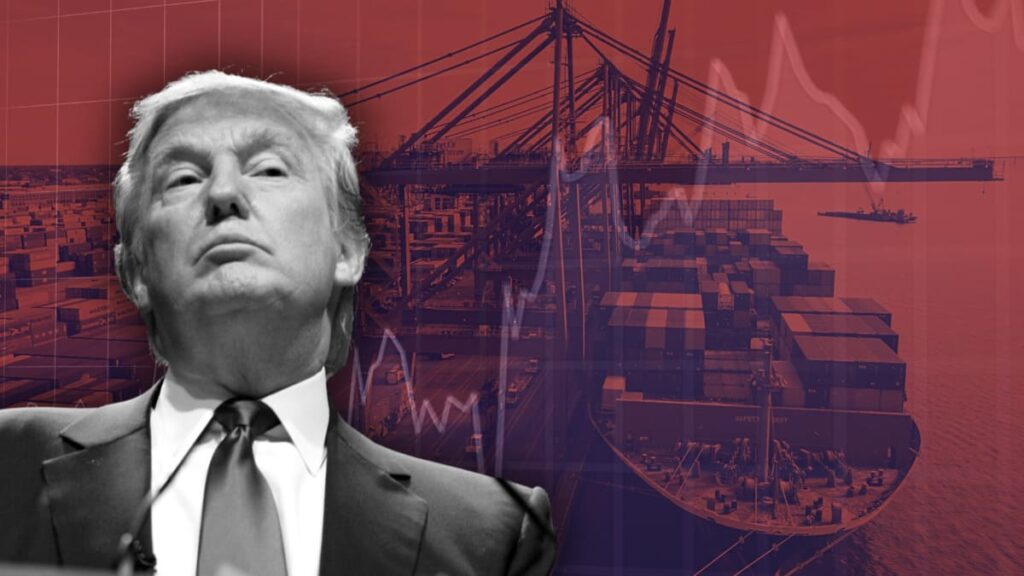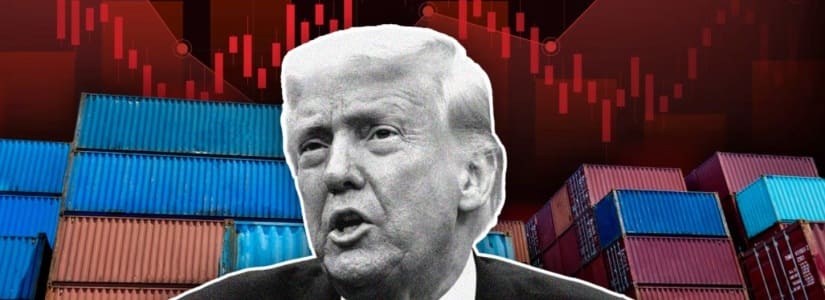TL;DR
- Several Bitcoin mining companies rushed to move equipment from Asia to avoid tariffs of up to 36% imposed by Trump.
- Sealion Cargo coordinated urgent shipments worth $330 million, with routes from Bangkok, Kuala Lumpur, and Batam to the U.S.
- Although the U.S. paused the measure for 90 days, many firms had already incurred high logistics costs due to regulatory uncertainty.
The new tariffs imposed by Donald Trump’s administration triggered a race against the clock among Bitcoin mining companies in Southeast Asia.
The measure, announced in early April, set tariffs of up to 36% on imports from Thailand, Indonesia, and Malaysia. Facing the risk of a major financial hit, several firms accelerated the relocation of equipment to U.S. territory to avoid paying those charges.
Sealion Cargo, a Canadian company specializing in logistics, played a key role in the transfers. In just a few days, it coordinated shipments by air, land, and sea. It managed to move approximately $330 million in machinery, with flights departing from Bangkok, Kuala Lumpur, and Batam. The company estimated that its clients faced potential losses of over $80 million if they missed the established deadline.
Highly complex logistics operations took place, ranging from moving equipment on barges to Singapore to multiple air cargo charter flights. Other companies, such as Luxor Technology and Compass Mining, were also forced to organize urgent shipments, both from Southeast Asia and Canada, to avoid the tariffs.
Trump Paused the Tariffs, But the Costs Had Already Been Incurred
However, on April 9, the Trump administration announced a 90-day pause in the implementation of the new tariffs. The move exposed the extreme volatility of current trade policy and its direct impact on industries that rely on global supply chains. Although the pause effectively canceled the urgency of the operation, many companies had already taken on logistics costs far above normal.
Manufacturers like Bitmain, which assemble equipment in free trade zones such as Batam Island, may face additional challenges due to the trade restrictions. Despite these issues, companies like Bitfufu stated they will remain profitable even if the tariffs are enforced later.
The lack of a clear and stable policy complicates planning for companies operating in high-tech demand sectors. Trump’s shifting decisions affect manufacturers, distributors, and end customers alike. Meanwhile, logistics firms continue adjusting their operations to a market full of uncertainty.













